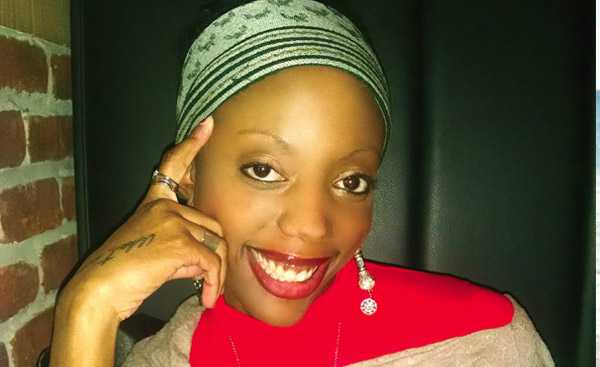Children do lie! YES, IT’S TRUE

Children lie. Shocking, I know. How can such angelic, innocent creatures be capable of such…evil? Obviously, I don’t have kids, or know much about
them. But the idea that tiny, innocent, beautiful, seemingly uncorrupted beings are capable of perfecting such a complex (far from admirable) trait…well,
fascinates me.
We all lie, and we all were children once, so it goes without saying that at some point we too became/were corrupted. But why? And if so, that must
mean that lying serves an important purpose, important enough for our children to learn and perfect. So if it is so important, is it really that despicable.
So why lie? Or maybe the question is, what’s wrong with lying?
Think about it, why do you lie? To protect yourself, to protect someone else, because you’re scared, because you’re desperate, because it’s easier,
because it’s easy. I don’t know about you, but on the very rare occasion that I do lie it’s usually out of fear, sometimes out of convenience, perhaps to gain control, but rarely because I’m trying to do the right thing.
Lying exposes the best and worst of humanity. Our creativity, our idealism, our hypocrisy, our ability to self-protect under all costs. We lie to our kids while trying to teach them how not to lie. We lie to ourselves while pretending not to care. Perhaps we’re simply born honestly dishonest beings?
While we like to think of our kids as innocent, research finds that most children learn to lie effectively between the ages of two and four. Think of the first successful lie a child tells as an important developmental achievement; the child has discovered that his/her thinking is separate from their parents. They’ve also come to understand the word no, which helps young children delineate the boundaries between their own desires, thoughts, and feelings, and those of others.
Consider this study: a couple of two and three-year-old children were placed in an empty room and instructed not to peek at a toy placed on a table behind them. The researcher left and returned to the room five minutes later. Ninety per cent of the children looked at the toy, and the majority, around two-thirds, concealed their peeking. One-third lied outright, saying they did not peek, while the other third didn’t answer the question, pretending not to hear it.
According to a developmental model of lying first proposed by Victoria Talwar and Kang Lee, children around the age of two to three years begin by telling primary lies which are designed to conceal transgressions but fail to take the mental state of the listener into consideration. Around the age of four, children learn to tell secondary lies, which are more plausible and geared to the listener’s mental development. By age seven or eight, children learn to tell tertiary lies, which are more consistent with known facts and follow-up statements.
As children develop in their cognitive capacity, the ability to balance more than one reality in their head (which is what liars do when they create a fictional version of events to match with the truth) becomes easier. It also means being able to recognize the difference between fiction and reality, much like what they watch on television as well as being able to create new stories.
So the good news is that if your child is a good liar, he/she is probably also pretty smart. Unfortunately, those advanced cognitive skills may also help turn your child into a habitual liar.
Many parenting websites and books advise parents to just let lies go – they’ll grow out of it. The truth, according to Talwar, is that kids grow into it. In studies where children are observed in their natural environment, a four-year- old will lie once every two hours, while a six-year-old will lie about once every hour and a half. Few kids are exceptions.
This puts parents in the position of being either damned or blessed, depending on how they choose to look at it. If your four-year-old is a good liar, it’s a strong sign he/she’s got brains. And it’s the smart, savvy kid who’s most at risk of becoming a habitual liar.
And from where are our children learning such despicable behavior? In adaptations of the above study, researchers have found that children who are lied to by adults are more inclined to twist the truth. According to Chelsea Hays and Leslie Carver, psychologists at the University of California in San Diego, this may occur for various reasons: “It is possible that the children were imitating the lie-telling behavior that they observed… Perhaps these children made assumptions about the importance of honesty to the model… Another possibility is that rather than imitating, the children were extracting information about the adult who lied to them… Perhaps the children did not feel the need to uphold their commitment to tell the truth to someone whom they perceived as a liar.”
So perhaps our kids lie to us because they view us as liars? Ouch.
Well,
Older children were more likely than younger kids to lie, and the older kids who’d been falsely promised a bowl of candy at the start were most likely of all to be dishonest. About 88 per cent of the school-age kids in the “lie” condition failed to fess up, compared with 65 per cent of those who hadn’t been lied to. For the younger group, being lied to didn’t have much of an effect: About 50 per cent lied either way. Smart kids lie; rather, maybe you should be congratulating your child for accomplishing such a creative feat that is a lie.
Conventional wisdom long held that young children were not capable of lying.
Published in February 2015




